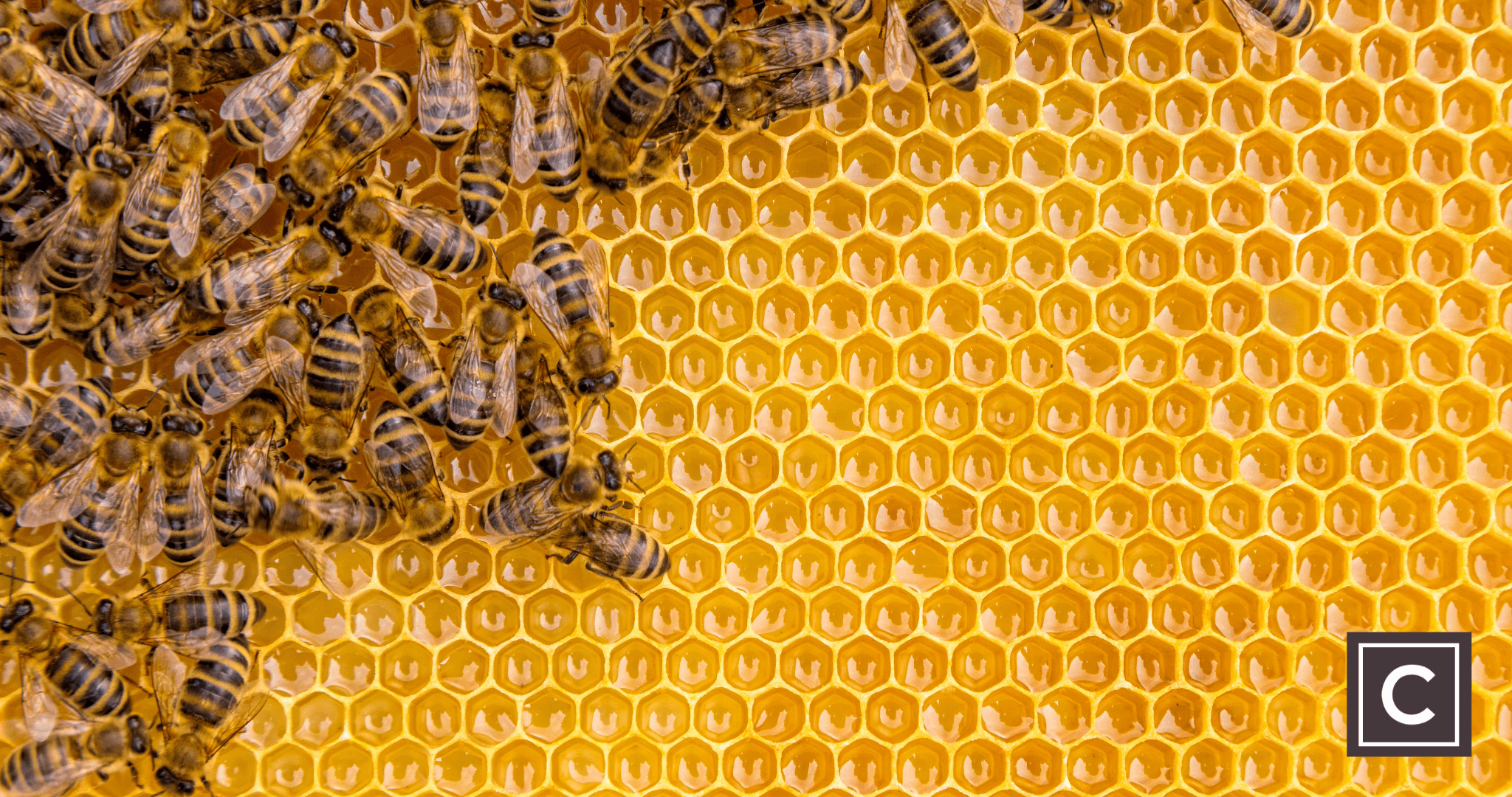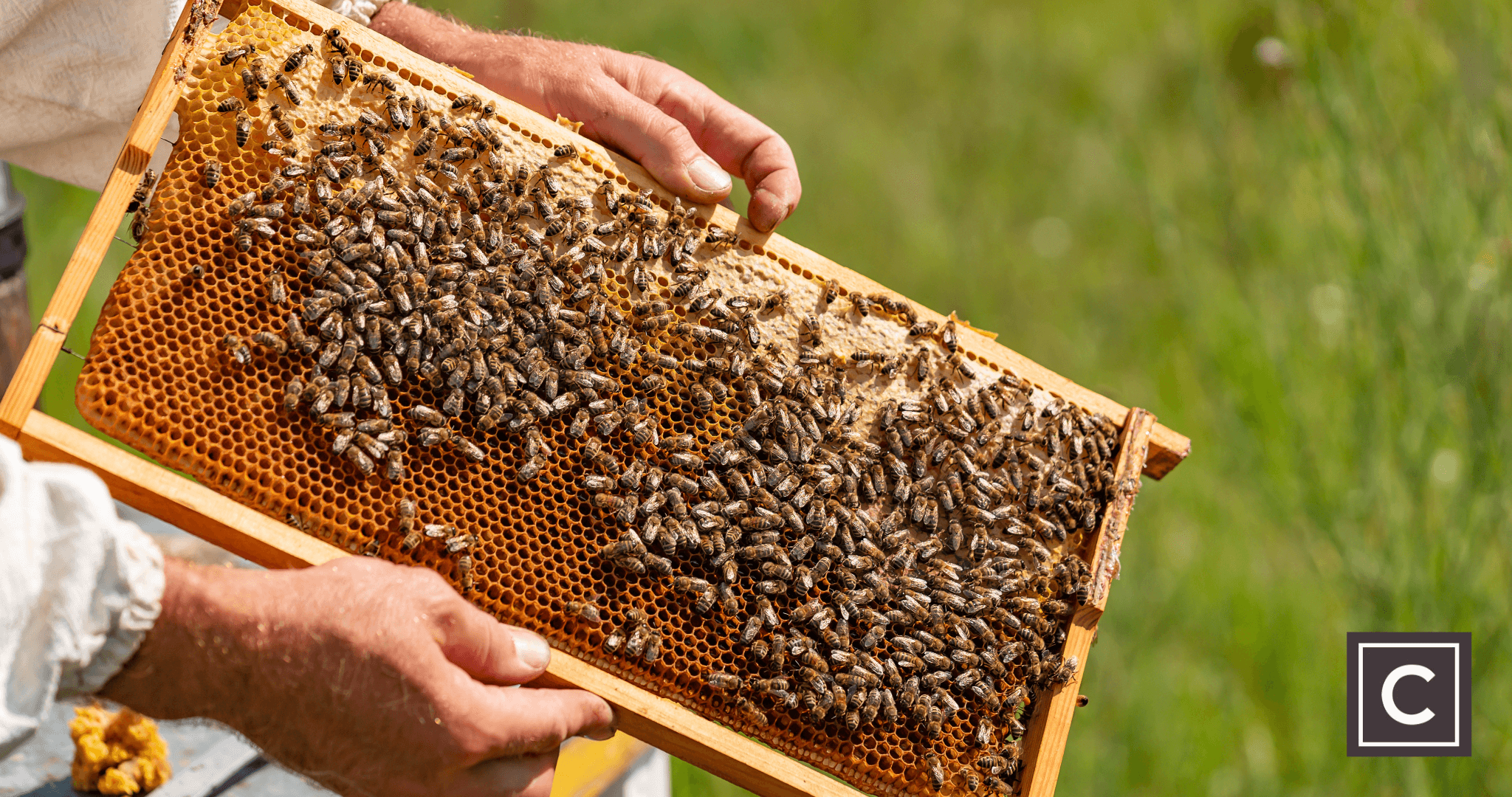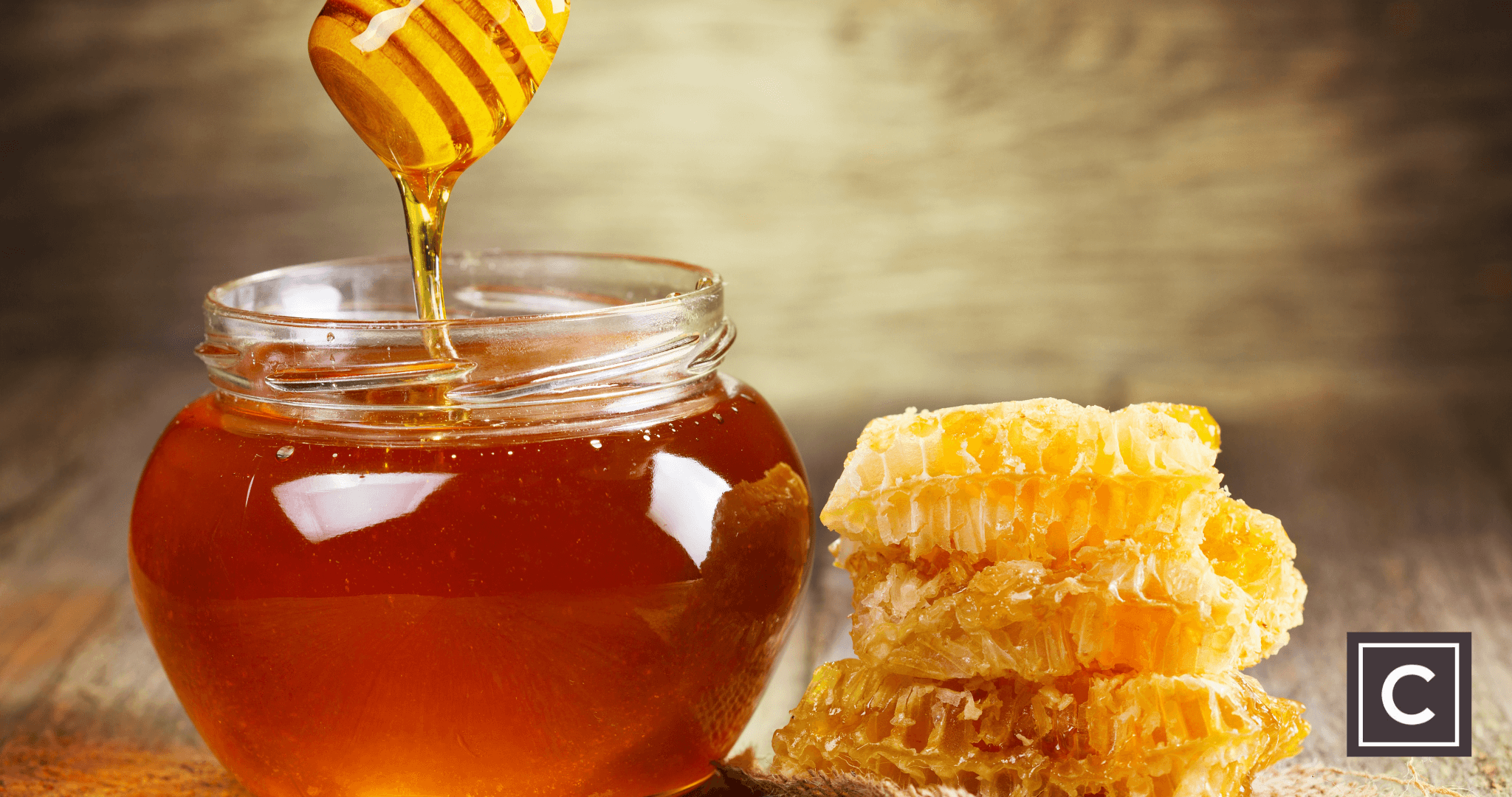Honey Authenticity: A Closer Look at the Bitter Truth
Posted by Stelios on 30th Sep 2023 Reading Time:
The British palate has a longstanding relationship with honey, consuming over 50,000 tons annually. But as we relish this sweet treat, a nagging question remains: "Do you truly know what's inside that inexpensive jar of honey?
Key Facts
- The UK consumes over 50,000 tons of honey annually.
- Growing concerns about honey adulteration, primarily with sugar syrups.
- China, a significant exporter of honey to the UK, is under scrutiny.
- About a third of the UK’s honey imports come from China, but it almost never appears on the label of supermarket jars as the country of origin.
- The ecological impact of declining bee populations poses a significant threat.
While the UK's consumption is staggering, the global appetite for honey is even more insatiable, reaching 1.9 million tons. Yet, as alarming figures emerge, it's clear that not everything labelled 'honey' is as nature intended. Beekeepers and scientists ring warning bells, suggesting that the world's production exceeds what bees can naturally manufacture. This imbalance hints at adulteration, and all fingers point towards one major contributor: China.
Supermarket shelves in the UK are awash with Chinese honey, often priced significantly lower than its British counterpart. For instance, supermarket own-label honey from China fetches a mere 75p a 340g jar. But is it too good to be true? Investigations suggest that a substantial portion of this imported honey might be blended with inexpensive sugar syrups. The Institute of Apicultural Research in Beijing candidly admitted, "In order to seek higher profits, high-quality honey is subjected to sugar adulteration."
"The consumer needs to make an informed choice about what they are buying, and it's impossible for them at the moment," opines Lynne Ingram, Chair of the Honey Authenticity Network UK. Her concerns mirror many British beekeepers who advocate for more transparent import labelling.

While the UK is the largest importer of Chinese honey, consumers rarely see 'China' as the country of origin on their supermarket honey jars. This ambiguous space arises from the prevalent trend of blending honey from multiple nations, including China, India, Ukraine, and Vietnam.
Lynne Ingram, also the master beekeeper at Wesley Cottage Bees, raises a poignant point, stating, "If you see honey that is cheap as 75p a jar, it is too good to be true. It's unrealistic for people to be able to produce genuine honey at those prices."
The potential adulteration isn't just hearsay. In an extensive investigation, Mitchell Weinberg, a food fraud investigator, commissioned a renowned German laboratory, QSI, to test nine jars of UK supermarket honey. The shocking revelation? Eight out of those nine samples indicated signs of adulteration.
In another test, out of 320 samples analysed, a staggering 147 (46%) displayed suspicious markers indicative of external sugar sources.
The undercurrents of this honey crisis ripple far beyond consumer trust and fair pricing. Kate Bowyer, a UK beekeeper, sheds light on the broader ecological implications: "You won't find many beekeepers who make a living now, even with 100 hives." With dwindling beekeeper operations, we face the risk of reduced bee populations, leading to potential ecological disasters due to fewer pollinators.

Rick Mumford, Head of Science at the FSA, reiterates the importance of trust in the honey industry, saying, "Our work is seeking to put in place the most effective enforcement tools and guidance for detecting honey fraud so that consumers can have trust in the honey they buy."
The honey authenticity saga underscores an urgent need for transparent practices, more comprehensive labelling, and continued scientific research. For now, it seems the sweetness of honey is tainted with the bitterness of doubt.
Sources:
- Bee aware: do you know what is in that cheap jar of honey?
- Has China messed with your honey? How the country's 'blending' factories are now producing MORE honey than the world's bees
- Your Fancy Honey Might Not Actually Be Honey
- All UK honey tested in EU fraud investigation fails authenticity test
- From beehive to jar - Honey authenticity explained
- US beekeepers sue over imports of Asian fake honey
- Honey authenticity: the opacity of analytical reports - part 1 defining the problem
- Food fraud: How genuine is your honey?
- On honey authentication and adulterant detection techniques

